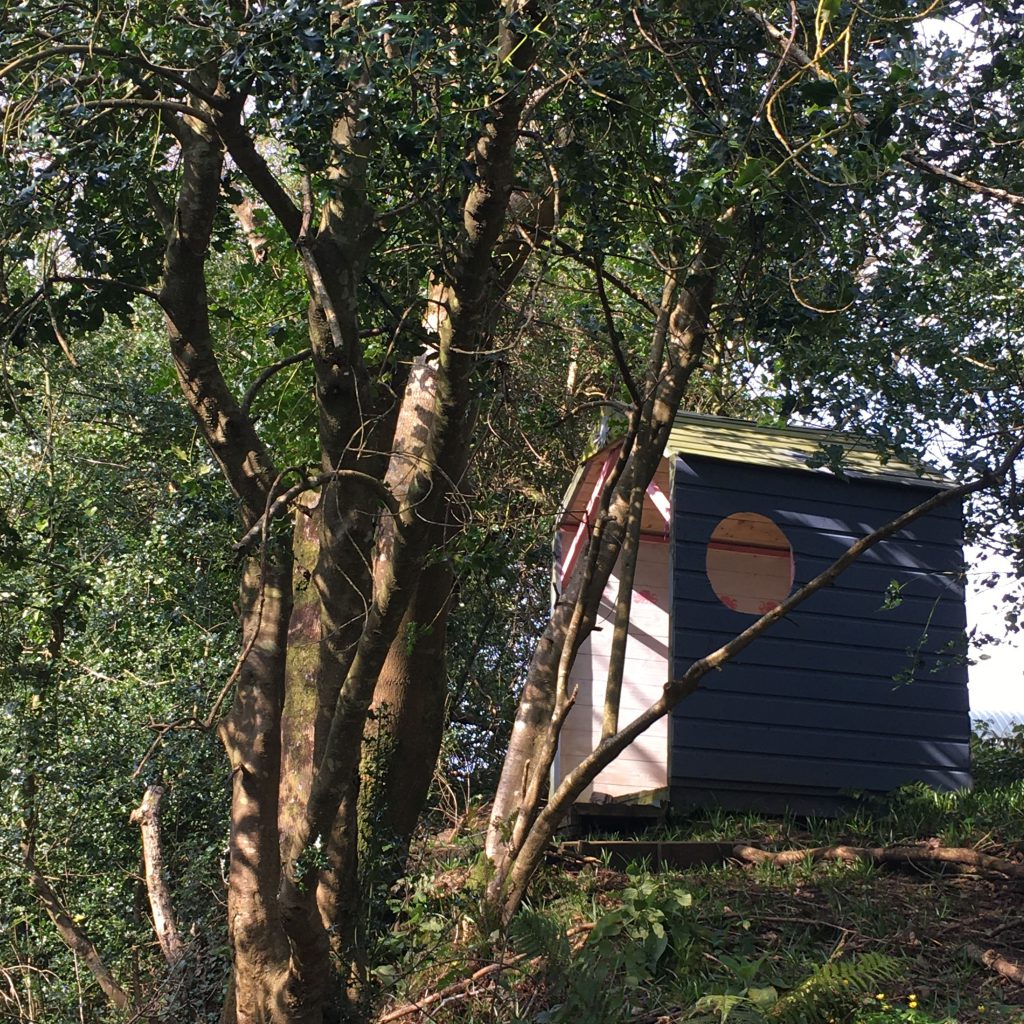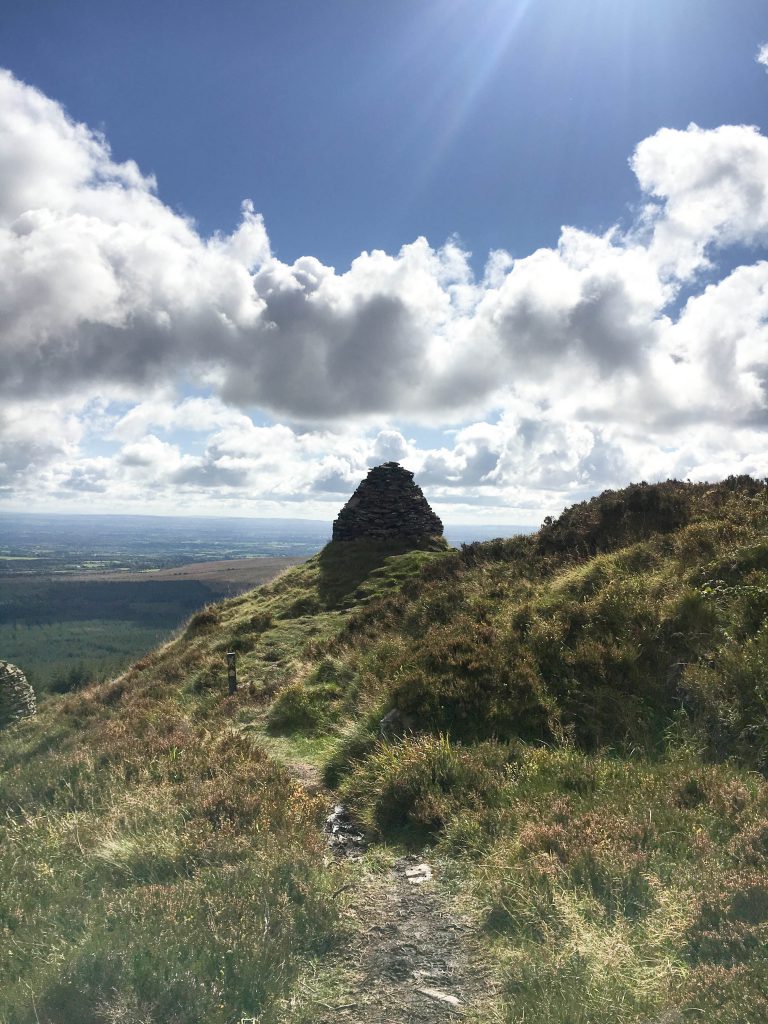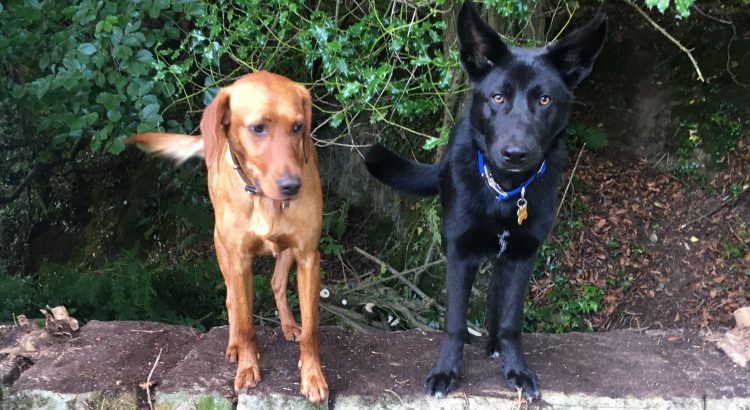Heading for the Hills
I am a manuscripts curator in the Manuscripts & Archives Research Collection in the Library of Trinity College, the University of Dublin. Trinity responded very swiftly to the Covid19 crisis by closing down on 13 March. The ‘act first ask questions later’ approach, vital under the circumstances, left some difficult tidying up to be done, from supporting international students resident on campus, to collecting borrowed library books from people as they walked out the Front Gate.
The difficulties I have experienced come from a combination of low-level stress and the lack of time to prepare for working from home. I am fortunate in that, although a member of my household is in the vulnerable, high-risk category, we live in a rural part of the country. Isolation is our normal state of being. If the virus finds us here in our mountain fastness, it has become badly lost. Nevertheless, there is stress because – well, Coronavirus. There’s the uncertainty, there’s awareness that others are endangered, and stress that I cannot see my adult children and siblings (I owe video calling a big hug).
Stress has manifested itself in the form of difficulty in concentrating. I have perfectly manageable work to do – a conference paper, for example, on the historical personal letter (let me tell you about it sometime, I can speak for hours on the subject as my long-suffering compadres know only too well). But could I focus? Could I write more than half a sentence before – oh look, a squirrel – getting as distracted as a toddler? No I could not. It would have been easier if the usual stream of emails had remained constant, but they have dried up. Also, had I time to prepare, I would have arranged access to the back end of our catalogue to tidy up some long-fingered anomalies and I would have packed my OneDrive with images for Twitter.
Time has gone on and a routine has developed. I can’t replicate my usual work, but I can embark on stand-alone projects. I am active in the Library’s investigation into the question of which records of the crisis will be preserved for future historians. My particular interest is in old-school formats (diaries and letters) and in the voices most often left out of the historical record like children or immigrants in direct provision facilities. I am sure others are considering this. Maybe we should have a chat?
It has been a great boon that the tightly knit team in Trinity’s Manuscripts & Archives section have a longstanding WhatsApp group going. Their humour – don’t let anyone disparage the stress-busting importance of all those Covid-19 memes – has been invaluable.
I am proactive in maintaining my own well-being. I take country walks with two dogs (everybody should be an animal’s companion) and I practise meditation in my bothán smaointe (thinking hut) beside the modest river which forms the boundary of my smallholding. Grateful for small mercies.


